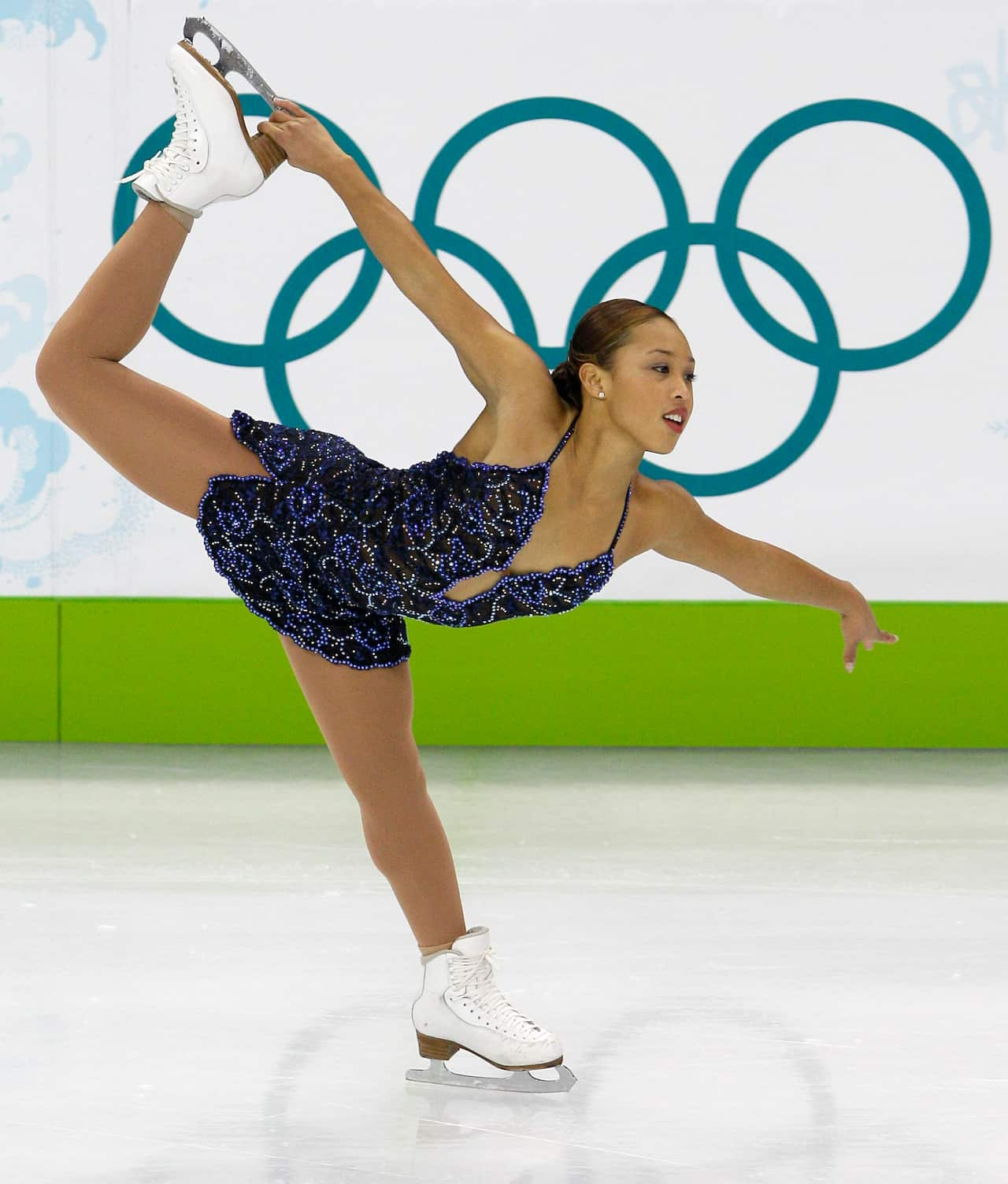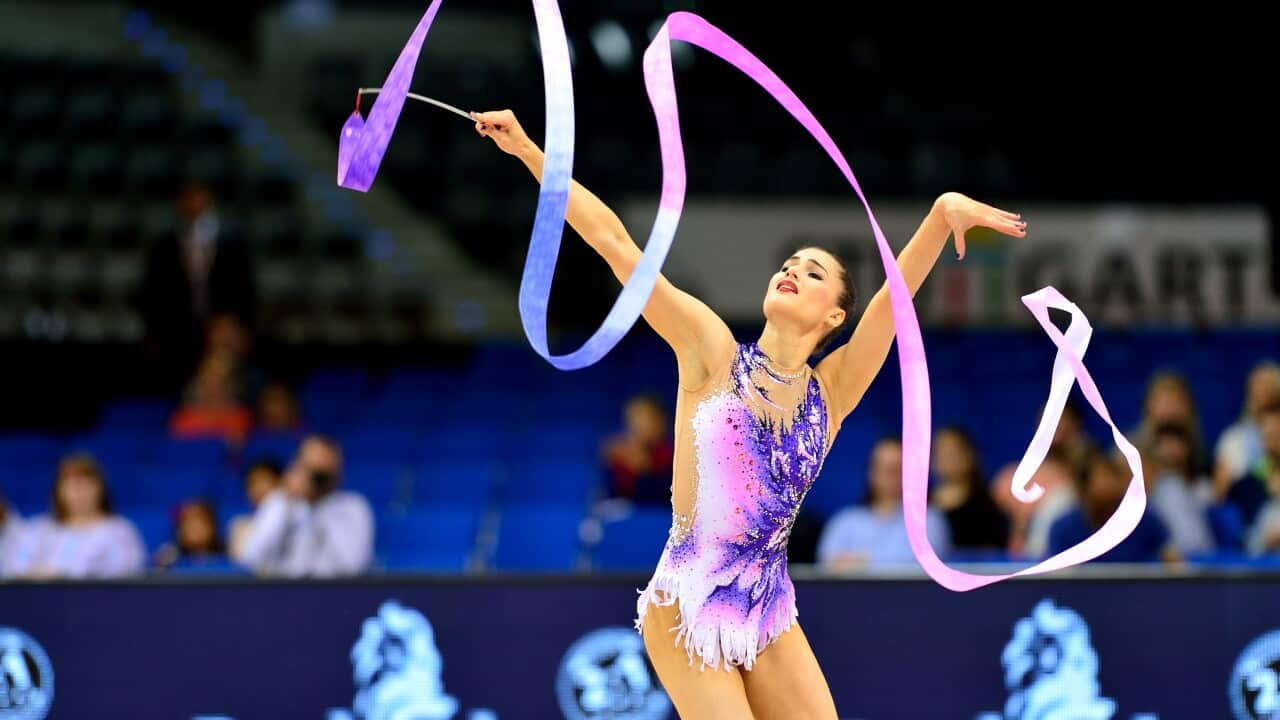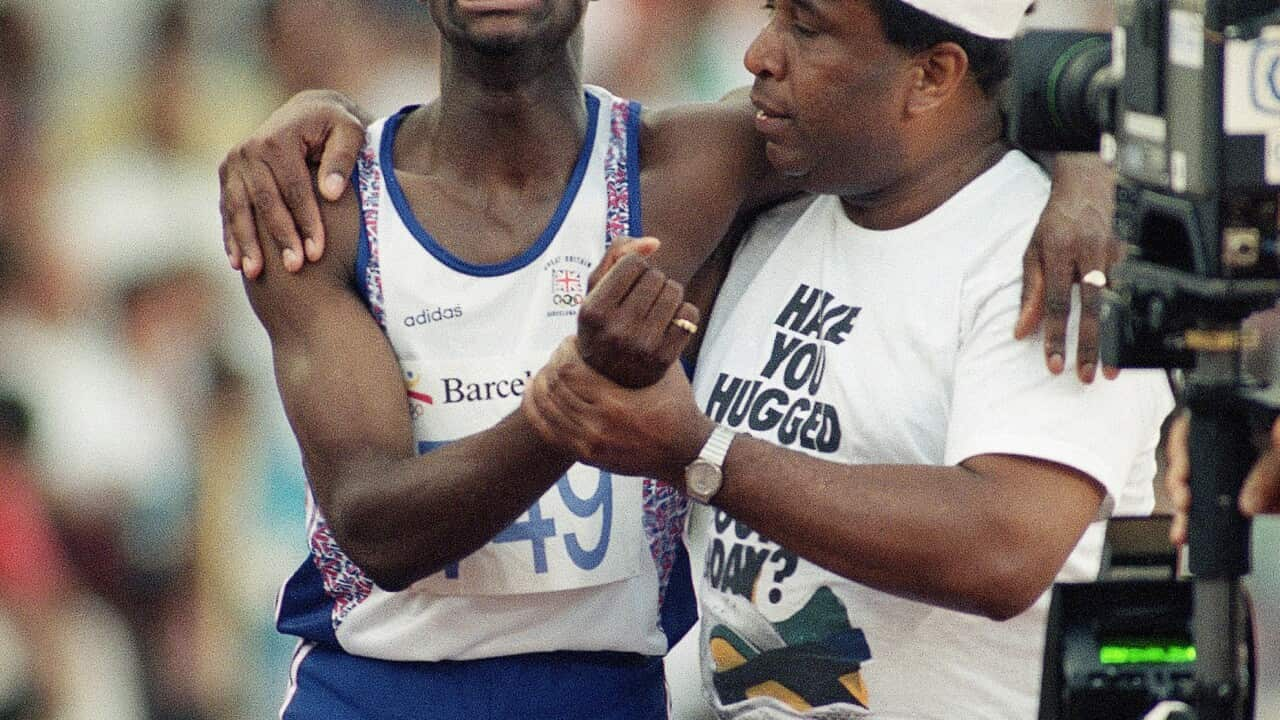Australians love to see their athletes winning medals at the Olympic Games.
We glory in their success and bask in the glow from medals of any colour.
But the memories we take away from the Olympics so often have nothing to do with the medal tally.
We remember Swiss marathon runner Gabriela Andersen-Schiess who, staggering with dehydration and heat exhaustion, limped across the finish line at the 1984 Los Angeles Olympics through sheer force of will, unable to run any further.
We tear up over Great Britain runner Derek Redmond who at the 1992 Barcelona Olympics snapped his hamstring in the opening seconds of the 400 metres semi-final race but, devastated and in pain, he finished the race anyway, because that is what he went to the Olympics to do.
We cheered on Equatorial Guinea swimmer Eric 'The Eel' Moussambani Malonga who took nearly two minutes to swim his 100m freestyle heat at the Sydney 2000 Olympic Games.
During the last 50 metres there were genuine concerns that he would not make it, but he pushed on, spurred on by the crowd who gave him the sort of rousing standing ovation many gold medallists dream of.
These people were far from winning, and yet we remember them and not necessarily the amazing athletes who took home the medals.
International-standard sport, and even your regular grass-roots weekend sport, has become increasingly focused on winning at all costs.
We fund those athletes who are most likely to add to our medal tally and leave those with minimal chances of winning to struggle to qualifying on their own.
This mentality is understandable - the soft power draw of doing well at the Olympics is huge and tempting for every country and every government.
But in the hunt for the next gold-medal winning swimmer it is easy to forget that even if an athlete is not going to be the next Ian Thorpe they are still capable of inspiring people - young and old - to take up a new sport.
In 2010, Campbelltown-born figure skater Cheltzie Lee competed at the Vancouver Winter Olympics.
I was working at a local newspaper in the same area at the time and watched as the community jumped on board the Cheltzie train, keen to support their local athlete. She didn't win a medal.
She didn't win a medal.

Australia's Cheltzie Lee performs her short program during the women's figure skating competition at the Vancouver 2010 Olympics. Source: AAP
She didn't even make the top 10, but it still prompted me to ask, "where does a girl from Campbelltown learn to skate?"
Canterbury Olympic Ice Rink, Google told me, and I soon discovered other rinks in Sydney where I myself could learn to skate.
Six years down the track I am still skating, and though there are certainly no Olympic Games in my future, my participation in the sport is all because of one 16-year-old Olympian who had the skate of her life but still came home empty-handed.
This is the side of Olympics we should pay more attention to.
Sports associations leap on their Olympic athletes as a means to promote participation in their sport.
Perhaps they do this in the hope they will find the next world champion or Olympic medallist, but it's far more likely they are out to encourage children to be active and to promote the benefits of their individual sports.
They are passionate about their sports and want to share this passion with others around the country.
Many of these sports associations are so passionate they will do their utmost to support athletes who receive minimal funding despite success within their chosen sport.
They want their athletes to do their best and achieve their goals, even if that goal is making the top 10 as opposed to a spot on the podium.
Related reading

This is how athletes qualify for the Olympics on a budget
The up-coming Rio Olympics will be no different to the Games that went before them.
They will be full of wonderful moments of teary athletes perched atop a podium with a medal proudly slung around their necks.
We will love these athletes and we will admire their abilities and the strength of will required to make it that far.
But there will also be plenty of moments where athletes who have come so far and worked so hard will fall short at the last hurdle.
They will come dead last or they will struggle to achieve their best, but they will force themselves to the finish line anyway.
These people make the Olympics what it is.
They are strong - in body and in mind - and they embody the famous quote from 1968 Tanzania Olympic marathon runner John Stephen Akhwari: "My country didn't send me 5000 miles to start the race. They sent me 5000 miles to finish the race".
Share

